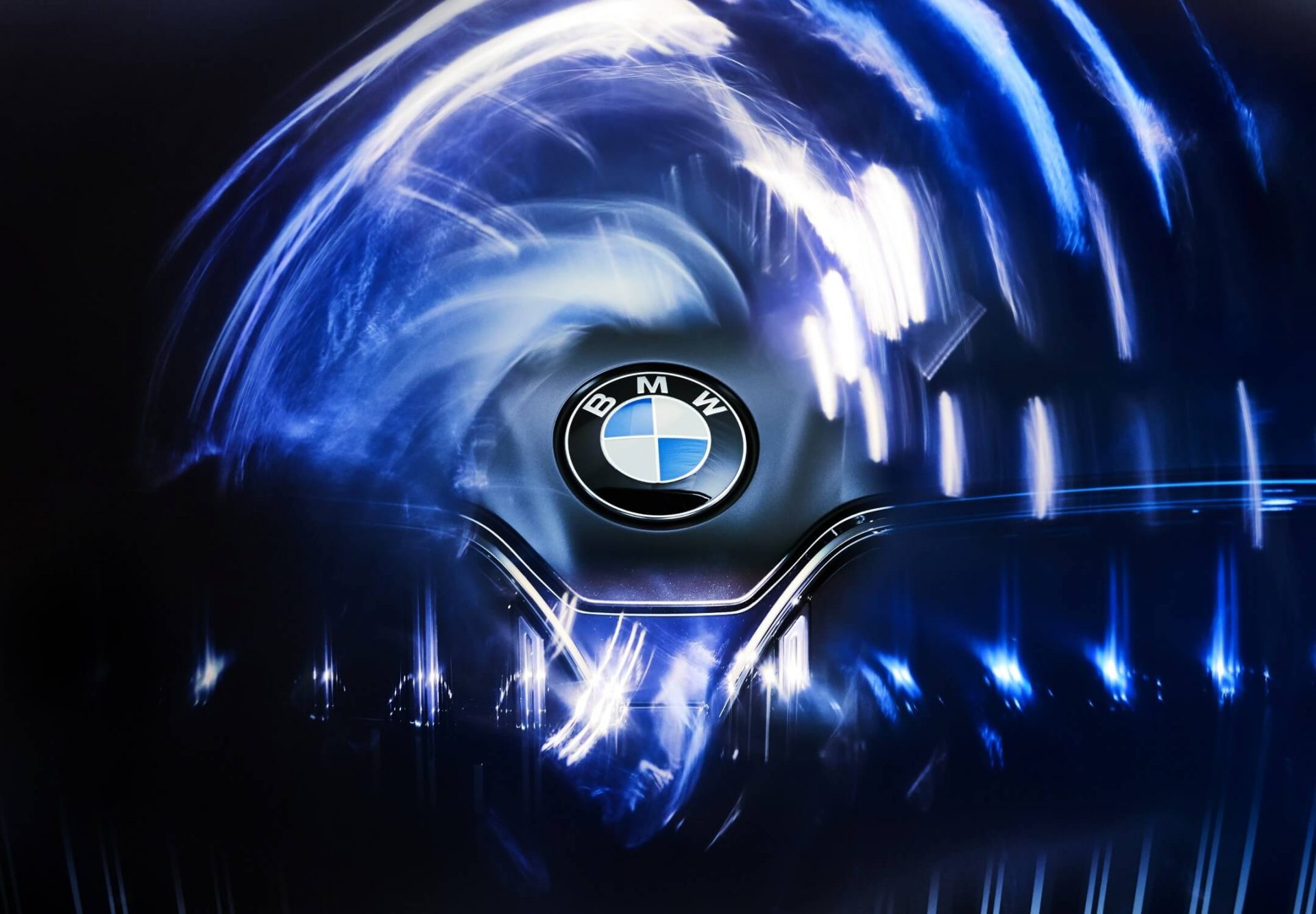European enterprises are increasing their investment in China one after another. German leading auto manufacturer BMW has decided to halt production of its electric MINI models at a UK plant and expects to move the line to China by the end of next year. Insiders at BMW China also disclosed that the company will invest another 10 billion yuan ($1.38 billion) to expand its high-voltage battery production center in China’s northeastern city of Shenyang. Volkswagen announced an investment of about 17 billion yuan, and plans to set up a joint venture via its software subsidiary CARIAD with Chinese chip manufacturer Horizon Robotics. German optical systems maker Zeiss also said that it will invest $25 million to purchase land and build its own project for the first time in China.
According to statistics by China’s Ministry of Commerce, from January to August this year, the actual amount of foreign capital used in China was about $138.41 billion, up 20.2% year-on-year. From January to August, EU investment in China increased by 123.7% year-on-year, while the actual investment in China by South Korea, Germany, Japan and Britain increased by 58.9%, 30.3%, 26.8% and 17.2% year-on-year, respectively (including investment data through free ports). “Global investors including the EU continue to be optimistic about the Chinese market and hope to continue to deepen investment cooperation with China,” Shu Jueting, spokeswoman for the Ministry of Commerce, said.
In the field of automobile manufacturing, the increasing pace of foreign investment is more apparent. According to the latest report released by Rhodium, a research institution, the auto sector consistently represents about a third of all European direct investment in China in recent two years, among which Volkswagen, BMW and Mercedes-Benz, as well as BASF, a leading chemical company, are in a leading position in investment in China.
In terms of supportive policies, at the beginning of this year, the restriction on equity ratios of automotive joint ventures in China was fully lifted. Jiemian News interviewed Yang Jing, director of Corporate Research at Fitch Ratings, who said that if global enterprises value the future trend of China’s automobile market, especially the new energy automobile market, they will choose to continue to increase investment in China, and even have the opportunity to launch in the form of controlling shareholder or sole proprietorship.
China is home to a huge automobile market, and at the same time, the new energy automobile industry chain is sound and complete. According to data from the China Passenger Car Association, in the first nine months of this year, the retail volume of new energy passenger cars in China was 3.877 million, up 113.2% year-on-year.”
Overseas automobile manufacturers’ investment in the Chinese market is gradually focusing on the new energy industry chain. “The law pursued by the automobile industry for many years is ‘where it is sold and where it is produced.’ The choice of foreign-funded enterprises to expand investment is closely related to China, the world’s largest electric vehicle market,” Stephen Dyer, Managing Director at Alixpartners, told Jiemian News.
In addition, the increased investment by European auto companies in China is also related to their poor performance in the new energy vehicle market. At present, most of the electric vehicles launched by joint venture brands are altered from already-launched oil vehicles, and their performance in cruising range, intelligent driving and intelligent cockpit is not as good as that of Chinese brands. The rise of Chinese independent brands is already a threat to European carmakers, and more investment could help them regain some market share.
From another point of view, the energy crisis that is breaking out in Europe has also become a catalyst for the outward transfer of the European automobile industry chain. Some European manufacturers have to choose to transfer production to lower-cost areas to maintain their survival and industrial chain status.

